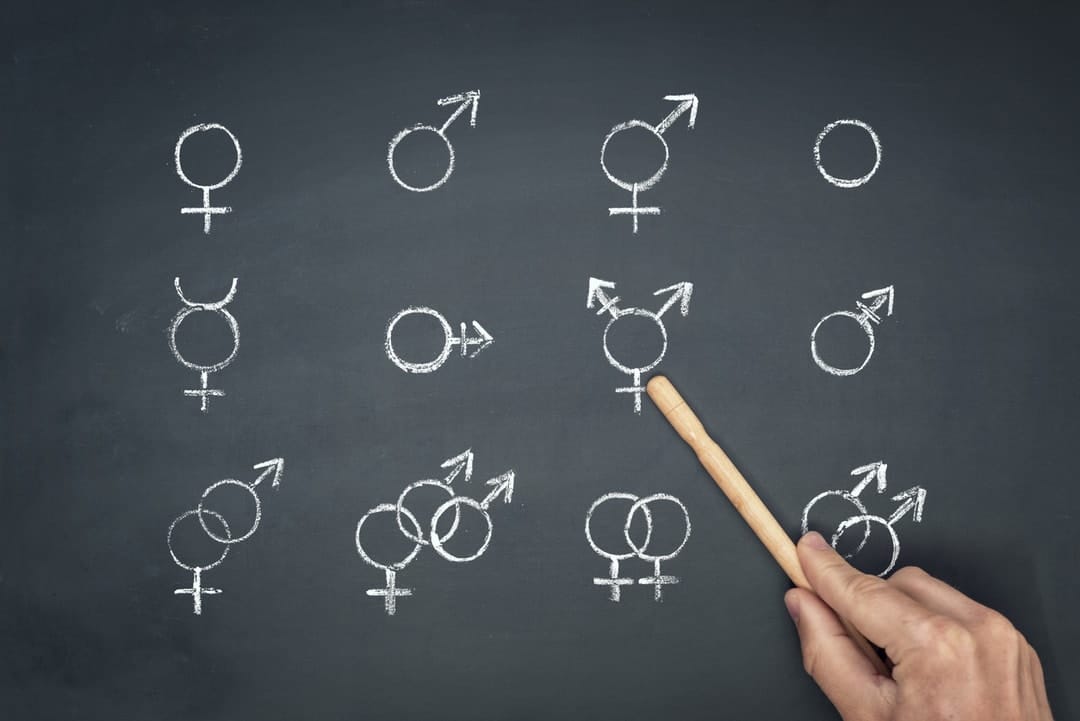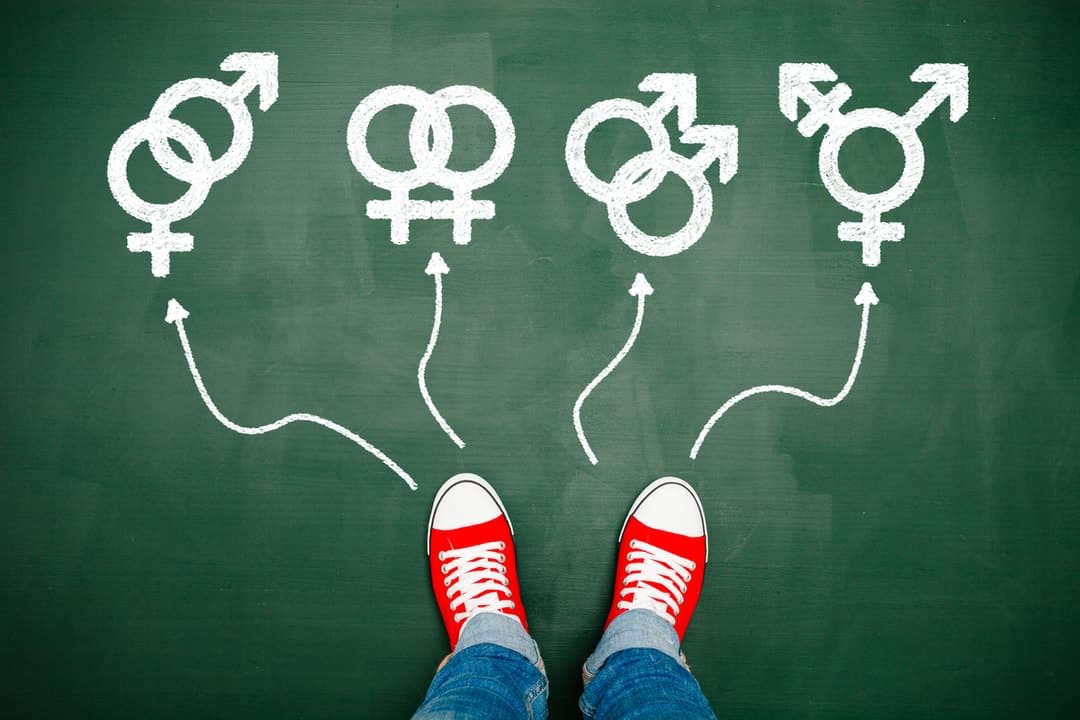
A parliamentary inquiry into One Nation NSW upper house MP Mark Latham’s anti-trans kids bill opened recently. The inquiry needn’t bother – the bill is weird and nasty, and would be knocked out of operation by the federal Constitution if the NSW Parliament was to pass it.
What is the anti-trans kids bill about?
Latham’s Education Legislation Amendment (Parental Rights) Bill 2020 is all about denying that trans people are real. Latham told parliament that acknowledging the existence of gender diversity is one part of a “disease in most Western education systems” that he wants to “outlaw” in NSW.
The bill will effectively force all public and private schools to deny that trans people exist. It will be unlawful for schools to tell their students that there is a difference between chromosomal sex on the one hand, and gender expression on the other. Latham told parliament that it's “child abuse” to tell students that there's such a difference.

It will also be unlawful for schools to tell their students that there is any such thing as trans people. The ban applies even if there's a trans kid in the classroom. The bill requires schools and teachers to tell trans kids to their faces that they don’t really exist.
Any teacher who contravenes this cruel make-believe rule will be banned from ever teaching again.
The bill doesn’t just apply to teachers. It also applies to school counsellors, who will be banned from providing any counselling or advice to students that acknowledges that trans people exist.
In other words, this bill bans counsellors from providing appropriate care to trans kids. Mark Latham knows better than the medical and psychological experts, apparently.
This is all weird and nasty stuff.
Parliamentary inquiry
The parliamentary committee chaired by Latham that is looking at the bill knows that it's weird and nasty. What else could explain the committee changing the normal parliamentary inquiry process where anyone can put in a written submission?
Only people who get a special invitation will be allowed to put in a written submission for this inquiry. Everyone else will be restricted to filling in an online questionnaire.
Constitutional hurdle
There's also a huge constitutional problem with the bill.
Latham’s bill requires schools, teachers and the NSW education standards authority (NESA) to do things that are banned by federal law.
The federal Sex Discrimination Act makes it unlawful for a school to discriminate against a student on the grounds of the student’s gender identity.
The federal Sex Discrimination Act is binding on NSW public schools. And what Latham’s bill does is command schools, teachers and NESA to discriminate against trans kids.
It's impossible for schools, teachers, and NESA to simultaneously obey both the federal Sex Discrimination Act and Latham’s bill.
The federal Constitution has a rule governing what happens in situations such as this where a state law is inconsistent with a federal law. Section 109 of the Constitution says in these cases that the federal law “shall prevail”, and that the state law will “to the extent of the inconsistency, be invalid”.
In other words, even if the NSW Parliament passes Latham’s bill, it will immediately be knocked out of operation by force of the federal Constitution.
Latham’s bill is effectively dead on arrival. But the fact that a parliamentary inquiry is actually considering whether to try to force schools to pretend that trans people don’t exist must cause enormous emotional harm to trans people.
Mark Latham should stop fretting about trans people, and start advocating for public schools to be resourced properly so that all kids can have the best possible education.





